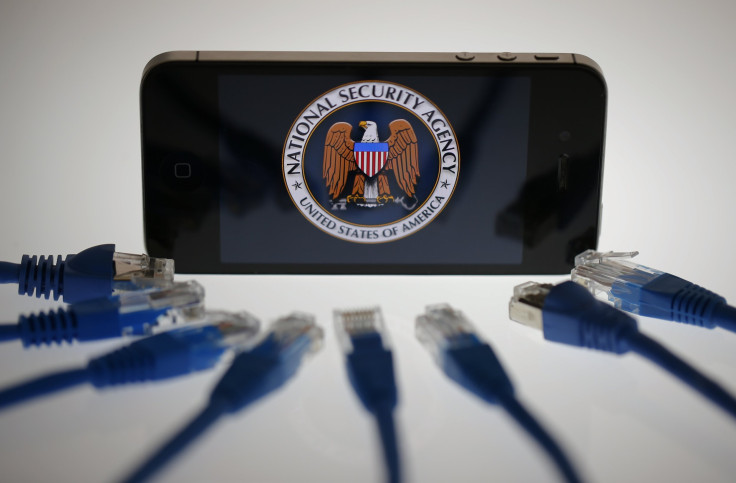NSA Can Spy On Pretty Much All Smartphone Data: Report

A new report from Der Spiegel states the United States’ National Security Agency (NSA) can access data from iOS, Android and Blackberry devices. According to the documents obtained by the magazine, the NSA can access a user’s contact list, location services as well as incoming and outgoing text messages.
According to the NSA documents, the intelligence agency created dedicated groups tasked to cracking the security measures within each smartphone operating system, reports Der Spiegel. The NSA worked with Britain’s intelligence agency, the Government Communications Headquarters (GCHQ), to access smartphone data.
The documents also state the team charged with cracking Apple devices was able to gain access to data that allowed NSA agents to hack into a user’s computer that had been synced with the iPhone. NSA agents also created scripts that gained access to 38 iPhone features, notes Der Spiegel.
For Blackberry devices, the NSA has been working on cracking these smartphones since 2009. Based on the documents, the NSA and GCHQ can access incoming and outgoing text messages as well as Blackberry mail.
The magazine’s report states, while the NSA and GCHQ have the capability to access smartphone data, the intelligence agencies are not actively spying on individuals en masse but targeted individuals. Der Spiegel does not reveal how they obtained the documents but the Associated Press notes the report’s author is Laura Poitras, a woman who has been previously connected to Edward Snowden.
The new report discussing the NSA’s capability to spy on smartphone data comes after the most recent Snowden leaks revealed the existence of Project Bullrun and the GCHQ’s Project Edgehill. These projects were designed to get past security measures used to encrypt information on the Internet. According to those reports, the NSA cracked the encryption used in Secure Sockets Layer (SSL), virtual private networks and 4G networks via brute force, using supercomputers to systemically find a possible key by trial and error. Google responded to these new reports by announcing it has accelerated plans to create new encryption software.
© Copyright IBTimes 2024. All rights reserved.












